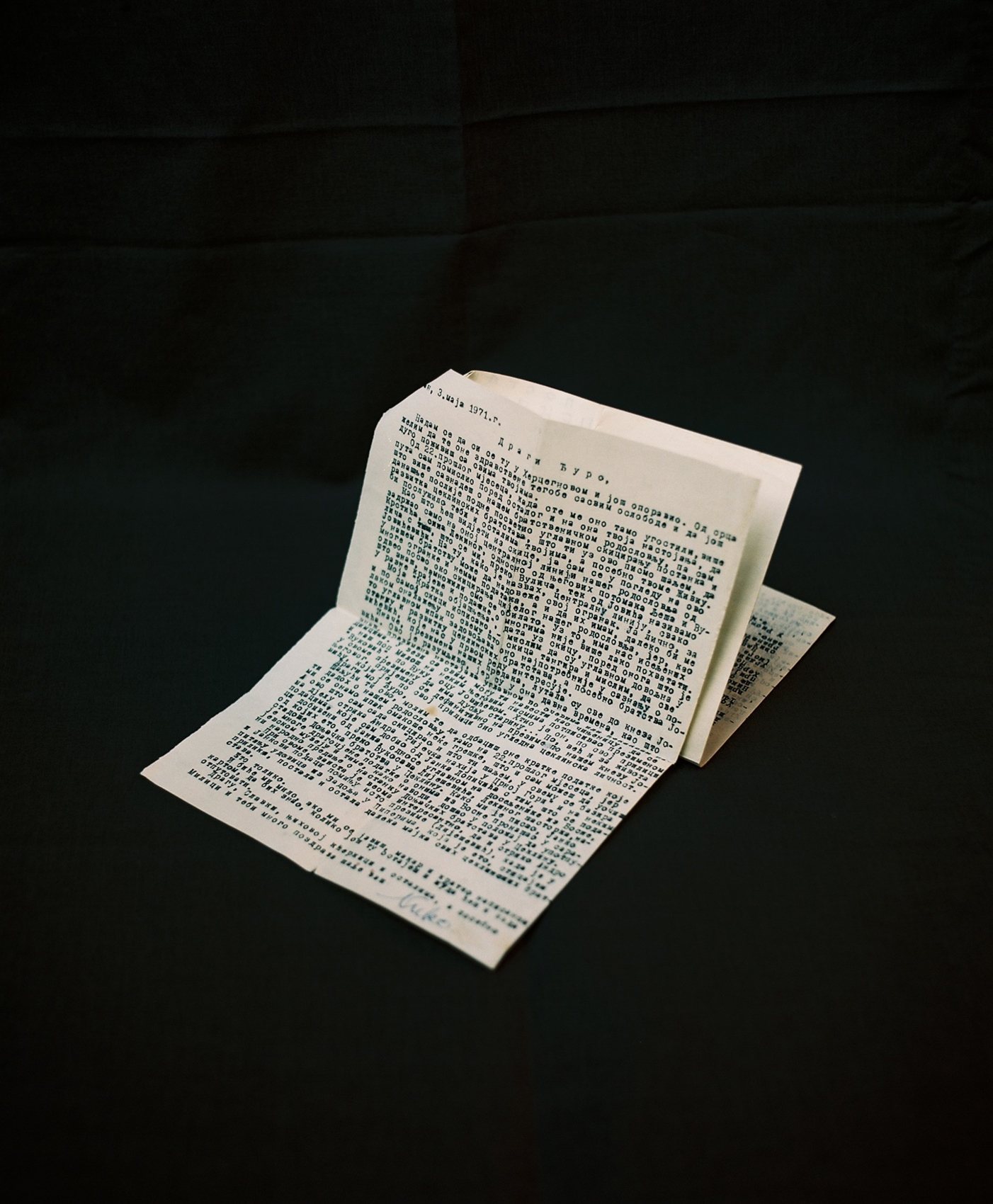Are you a photographer or artist working on a relevant social issue in the Balkans (Albania, Bosnia-Herzegovina, Bulgaria, Croatia, Greece, Kosovo, Moldova, Montenegro, North Macedonia, Romania, Serbia and Slovenia), and do you have a great idea for a visual story/project that needs funding? Then you may be eligible for the VID Grant.
The VID Grant supports emerging photographers and artists from the Balkans to create or complete a compelling, non-stereotypical and unconventional visual story or project on social issues relevant to the Balkan region. The winners of the VID Grant are selected by an independent, international jury of professionals within the photography industry. Scroll below to see this year’s jury composition.
With the VID Grant we look to support work at the intersection of photography and social justice – related to issues such as: social taboos, human rights, the environment, the rise of extremism, ethnic minorities as well as other under-represented themes across the region.
0
0
The VID Grant includes:
Cash Prize of 1.000 Euro
A cash prize to boost support for the winner to further develop, produce and complete a visual project or body of work.
Mentorship Prizes
The VID Foundation for Photography selects world-renowned professionals from the industry to be the mentor over the course of 6 months, based on the profile of the winner(s) of the VID Grant. This 6-months bespoke mentorship takes place through multiple interactive online sessions and enables regular feedback and critique on your work. The mentors guide you in all aspects of the creative process: from concept development, practical advice on photographing, to editing and sequencing, to the process of discovering and making a long-term project that you’re passionate about.
This Prize is made to suit the needs of the VID Grant winner(s), whether that be publishing or editing a project with a view to making it into a book or developing your personal or editorial projects. This mentorship helps you to identify next steps in the production process of a long-term or personal project. The mentors are announced once the selection for the VID Grant has been made each year. The mentorship serves to help emerging artists to build a solid regional and international network.
Curated Online Presence
An online showcase of the finalists on the VID Foundation for Photography website and other social media platforms of partner organisations. The winning projects, is featured and promoted on the VID Foundation’s website in order to connect these stories form the Balkans to a regional and international network.
Exhibition (to be confirmed)
The VID Foundation supports you to set up and connect to the right people/insititutions in the Netherlands as well as in the Balkans with the purpose of setting up your own exhibition.
0
The VID Grant is open to all emerging artists and photographers from and/or based in the Balkans, regardless to age, gender, sexual orientation, ethnic, religious, racial or any other affiliations. Please see below the Terms & Conditions for a full list of the VID Grant eligibility criteria.
Entries are welcome from anyone from the Balkans who works with an image based practice. The VID Grant is inclusive and selected work will be chosen based on the quality of the submission rather than the status of the photographer.
o
Downloads
0
The deadline for the 2023 VID Grant Open Call for applications was Friday, 8th September 2023 at 17:00h (Amsterdam time). All application were sent to [email protected]
The jury meeting was held in October 2023 and the winner and mentorship prizes were announced in November 2023.
The VID Grant Call for applications is now closed!
0
Terms & Conditions
Applicants must comply with the following criteria:
- the work must be the applicant’s own intellectual property;
- photographers working with cross-media and immersive practices are encouraged to apply as long as photography is at the basis of the work;
- you can apply with work as a collective, as long as you make that clear in the Application Form;
- the applicant is an emerging photographer or emerging artist based in one of these countries: Albania, Bosnia-Herzegovina, Bulgaria, Croatia, Greece, Kosovo, Moldova, Montenegro, North Macedonia, Romania, Serbia and Slovenia;
- citizens of these countries temporarily resident elsewhere in the world are eligible to apply, but their story should be related and relevant to the Balkan region;
- applicants must be 18 years of age or older;
- practitioners working in a range of photography fields such as portraiture, landscape, documentary, contemporary art and architecture are welcome to apply – provided the work is relevant and fits the mission of the VID Foundation for Photography;
- the work proposed is created in the Balkans and is relevant for the context;
- the work proposed is related to or pertaining to a relevant social issue in the context;
- the work proposed must be new, or if already started, then not yet completed, and not older than two years;
- only one project entry per applicant is allowed;
- applications must be submitted within the given deadline. No exceptions will be made for late submissions;
- due to the large number of applications, unfortunately it is not possible to provide personalised feedback or explanations for applicants related to decisions;
- all submitted work should follow a code of ethics, as outlined by Photographers Without Borders;
- all proposed work must be relevant to the mission of the VID Foundation for Photography;
- all winners of the VID Grant and their winning work will be published on the VID Foundation for Photography website and social media;
- by submitting your application you agree to these Terms & Conditions.
Any questions regarding the Terms & Conditions or Selection Process which have not been answered here can be sent to [email protected]
0
Copyright & Use of Images
- the VID Foundation for Photography may use the images of the VID Grant winners only upon written permission by the photographers/artists listing the copyright and the appropriate credits for the work;
- upon agreement, the visuals will be used to promote the VID Grant and the work of the VID Foundation for Photography internationally and for fundraising purposes;
- the permission given to VID Foundation for Photography to use visuals will not be transferred to any third parties without the prior written approval by the artist/photographer.
0
Selection Process
The selection will be made by:
- an international Jury composed of experts from the industry with understanding of the Balkans;
- the founder of VID Foundation for Photography serves as Secretary to the VID Grant Jury – and therefore does not have voting rights in the Jury;
- the Jury will select the VID Grant winners based on the quality of the work, artistic merit, motivation of the author, novelty of approach and relevance of the theme.
o
Jury Members

Emilia van Lynden, Chair of the 2023 VID Grant Jury
Emilia is Head of Marketing, Communication and Publications at Manifesta Biennial – one of the leading biennials for contemporary art and urbanism. She was Artistic Director of the Unseen Photo Fair, Festival and Platform from 2017. Her main role at Unseen was to create a platform which would showcase and nurture emerging photographic talent. In 2019 she wanted a new challenge, and left Unseen to work independently as an art consultant. In August 2019 she took on her current role with Manifesta..
_____
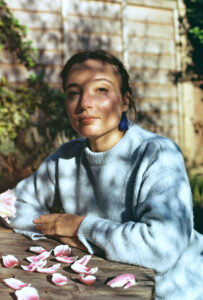
Liza Premiyak
Liza is a London-based freelance journalist and photo editor. Currently, she serves as a photo editor on Getty Images’ busy London picture desk, providing essential support to photographers navigating the dynamic landscape of news. She has contributed her writing on photography and visual culture to various publications, including The Art Newspaper, The British Journal of Photography and Magnum Photos. For the past eight years, her focus has been on understanding what it means to live, create, and protest in Eastern Europe. Until 2022, Liza was Managing Editor at The Calvert Journal where she looked after the online publication’s photo stories and ran the New East Photo Prize, broadening perceptions of Eastern Europe, the Balkans, Russia, and Central Asia.
_____

Tasneem Alsultan
Tasneem is an investigative photographer and storyteller. Her work largely focuses on documenting social issues and rights-based topics in Saudi Arabia and the Arab Gulf region through a gender lens, challenging stereotypical perceptions of the Middle East and portraying a region and people that do not conform to expectations. Her work is published in New York Times, National Geographic and many international exhibitions.
_____
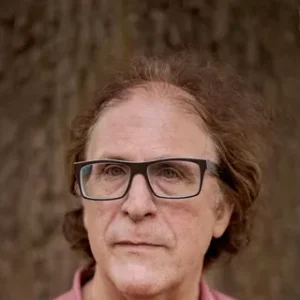
James Estrin
James is a photographer, writer, filmmaker, and academic. He is a New York Times senior staff photographer and founder of Lens, The New York Times photography blog. Through Lens, Estrin has chronicled a turbulent period in photojournalism and has featured photographers from diverse backgrounds around the globe. Estrin was part of a team that won a 2001 Pulitzer Prize for a national series of articles entitled “How Race Is Lived In America.” He is also the co-executive producer of the documentary film “Underfire: The Untold Story of Pfc. Tony Vaccaro” which appeared on HBO in November 2016. In 2013, Estrin created the New York Portfolio Review, an annual event in which photographers from around the world meet with internationally prominent photo editors, critics, curators, book publishers, video producers and gallery owners in private meetings.
_____
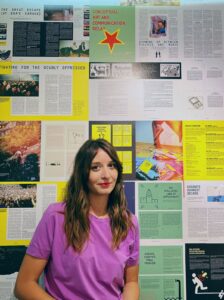
Besa Luci
Besa is the chief editor and co-founder of Kosovo 2.0, a print and multimedia
magazine creating uncompromising journalism that listens to people’s experiences, explains complex realities, provides context, and provokes conversations in Kosovo, the region and beyond. Since 2010, Kosovo 2.0 has been a leading outlet in introducing profound storytelling and compelling visuals on the region’s political and social transformation. Besa is actively involved in public conversations and initiatives pertaining to media innovation, journalistic excellence, and cultural development. She is also a documentary film producer and writer. Besa is a board member of Manifesta 14, the European Nomadic Biennial’s 2022 Prishtina edition. She is also a board member of Dokufest, the International Documentary and Short Film Festival. Besa was a Teaching Assistant at the Journalism Department, University of Prishtina between 2013-2019.
_____
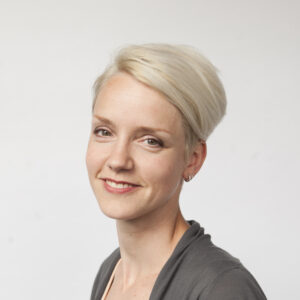
Lotte Sprengers
Lotte is an educator and since 2006 connected to The Royal Academy of Art, The Hague (KABK). Having fulfilled many positions within the organization, amongst others that of teacher and coordinator, Lotte Sprengers is since 2015 Co-head of Photography. She is the founder and former head of the Master Photography & Society, and is currently a member of the Interim Academy Directorate. In all her work, there is a strong emphasis on sustainable didactical and pedagogical curriculum development. Lotte Sprengers studied at the HKU University of the Arts Utrecht, where she obtained a BA Art Education in 2005, and a BA Photography in 2006.
_____
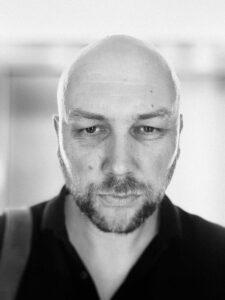
Ziyah Gafic
Ziyah was born in Sarajevo and grew up during the city’s siege. He briefly became a refugee in Italy before returning home, crawling through a tunnel under Sarajevo airport to his father, a figure in the city’s resistance. He is currently the Director of VII Academy an award-winning photojournalist, author, TED speaker, and contributor to National Geographic magazine. His photography focuses on societies locked in a perpetual cycle of violence and Muslim communities worldwide. Over the past 24 years, he covered major events in over 60 countries in the Middle East, Caucasus, Balkans, Arabian peninsula, Africa, and Asia. His work has received some of the most coveted prizes in photography from World Press Photo, Visa pour l’image, Les Rencontres d’Arles, Prince Claus Fund, National Geographic Society, Magnum Foundation, and the Pulitzer Center on Crisis Reporting. Ziyah’s reportages were published on cover stories of The Telegraph Magazine, The New York Times, GEO, National Geographic, La Repubblica, Le Monde, Liberation to name a few. He authored several books: Muslims of New York, Troubled Islam: Short Stories from Troubled Societies, Quest for Identity, and Heartland.
_____
0
Header image: Bela pčela (ongoing project): “A letter and a family tree written by my distant relative. In the letter there is a mention of a foremother from whom our whole family originated”. Novi Sad, Serbia 2020 © Marija Mandić (2021 VID Grant Winner)
“This project depicts a story of the first female figure in my ancestry whose name was omitted from the kinship due to its patrilineal structure, and whose identity I aim to revive in the project”.
© 2020 VID Foundation for Photography. All rights reserved.
